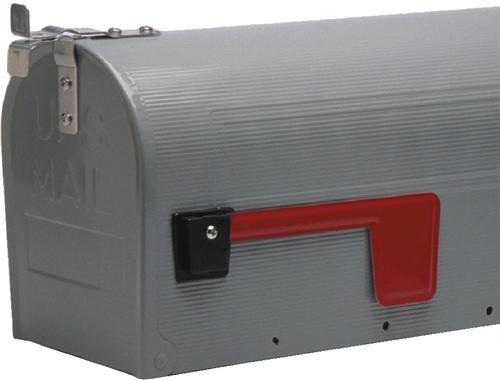Sign up for the Family Tree Newsletter Plus, you’ll receive our 10 Essential Genealogy Research Forms PDF as a special thank you!
Get Your Free Genealogy Forms
"*" indicates required fields

Every genealogist should observe this common courtesy: When writing for records, always include a self-addressed stamped envelope. If someone’s going out of her way to photocopy or transcribe your ancestors’ records, the least you can do is pay the postage. But what if you’re requesting information from a foreign country, where US postage stamps won’t work? You have a couple of options.
In the past, you had to rely solely on International Reply Coupons (IRCs), which currently cost $1.75 each from US Postal Service <www.usps.com> branches. Say you wanted your cousin Carol in London to send you a copy of an English church record. You’d send her an IRC, and she could exchange it for a stamp at her local post office. One IRC has the value of a country’s minimum postage rate for an unregistered airmail letter. If you expected Carol to send a packet of family information, you’d need to send more IRCs to make up for the extra weight. Knowing just how many IRCs to send can get tricky. In this case, you’d need to know the weight of the package Carol’s sending, Great Britain’s postal rates and the currency exchange rate.
The alternative is simply ordering stamps directly from your destination country. Rather than buying IRCs and making Carol exchange them, send her actual British stamps. You can buy them from Royal Mail <www.royalmail.com>, the United Kingdom’s postal service. From the Royal Mail home page, click on Online Shop to purchase stamps using your credit card. Want to know how many stamps Carol will need? Click on Postal Prices for shipping rates.
Several foreign countries, including Canada <www.canadapost.ca>, France <www.laposte.fr> and Germany <www.deutschepost.de>, offer this relatively hassle-free option. To find a country’s postal service online, visit the Universal Postal Union Web site <www.upu.int> and click on Postal Administrations.
The language barrier could prove your biggest obstacle. Online translators such as Google’s <www.google.com> (click on Language Tools) can help. Want to know the French word for stamp? Enter stamp into the “translate text” box and select “English to French” from the pull-down menu. Hit Translate, and voilà! Now you know to look for the word timbre on the Web site for France’s postal service. (Hint: Look for La Boutique du Timbre, which means “the stamp shop.”) You also could ask a friend who knows that foreign language to lend a hand. To calculate the exchange rate before buying, use a tool such as The Universal Currency Converter <www.xe.com/ucc>.
ADVERTISEMENT

